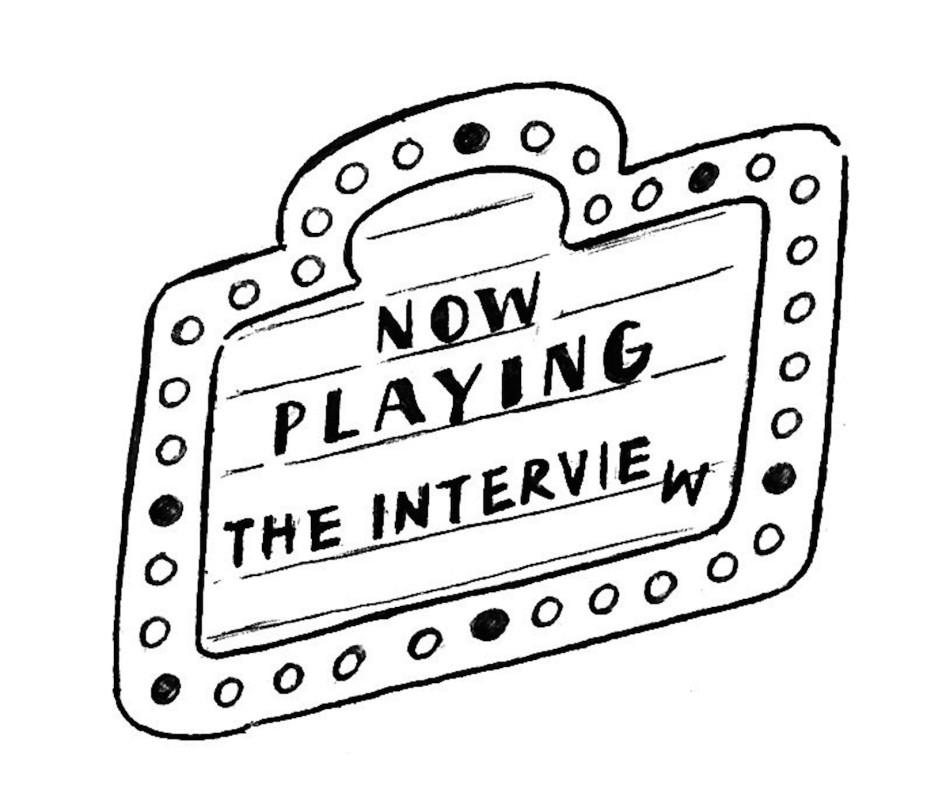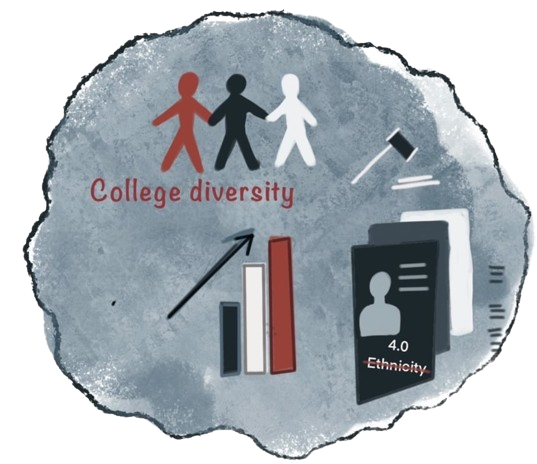Should Sony have pulled The Interview?
“If you’re hoping for any cogent political satire here, the joke’s on you,” movie critic Richard Corliss said about one of the most polarizing and controversial movies of the year; “The Interview.”
Created by Seth Rogen, Dan Sterling and Evan Goldberg, “The Interview” focuses on two men, talk show host Dave Skylark and his producer Aaron Rapoport and their quest to assassinate North Korean dictator, Kim Jong-un.
Sony, the movie’s distributor, faced threats from both the North Korean government and a group of hackers to pull the movie before it aired in theaters, but Sony decided to release it online instead.
The movie focuses on Kim Jong-un as a vaguely awkward, socially stifled young man, allowing the audience to sympathize with him, despite their knowledge of his status as a dictator. Indeed, the movie glosses over the dictatorship aspect of North Korea in favor of a focus on Kim and his “fake towns,” avoiding any mention of real tortures suffered by North Korean citizens at prison camps.
Though this seems to be a victory for freedom of speech, “The Interview” is also seen as a symbol of democracy and standing up to dictatorships. However, what the movie provides in freedom of speech, it lacks in both information about North Korea and any awareness about the realities of a dictatorship. Despite these factual errors, “The Interview” should not have been pulled from theaters.
“I’m kind of mixed on my opinion for the movie, because although it was a comedy, keeping the best interests of our country is the best avenue, especially now with our foreign policy,” junior Joanna Chen said.
If the movie had hit theaters, it would not have generated the amount of controversy it has now, and would be forgotten. Instead, “The Interview” functions as an example of why the US policy of unrestricted freedom of speech works, and that no movie or any other entertainment should be censored for any reason.
Ultimately, “The Interview” should not have been pulled, but neither should it be held up as a shining example of political satire. Especially when dealing with satire, it is important to recognize the difference between satire that seeks to make a change in society and humor that only seeks to mock others.

Hi, my name is Avantika and I am one of your Co-Editors-in-Chief for this year at the Golden Arrow. I've been in journalism for three years now, and served...











